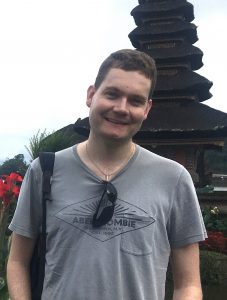Current members
Prof. Dr. Marie Fujitani
Marie Fujitani believes that interdisciplinary thinking and transdisciplinary science are necessary to understand and support decision-making processes regarding our shared natural resources. With a background in environmental economics and quantitative conservation biology, she is interested in the incorporation of stakeholder participation into resource management and decision making, and how these processes shape and are shaped by values and information. She is committed to co-development of research with partners in practice, and has worked at the science-policy interface at many levels, including for the US government as a Knauss Marine Policy Fellow at the headquarters of the National Oceanic and Atmospheric Administration. Her research interests are sustainable coastal livelihoods, deliberative processes, tourism and recreation, fisheries, and aquaculture. She is currently the head of the working group Deliberation, Valuation & Sustainability, as well as the project TransTourism.
Click here for Marie’s full CV.
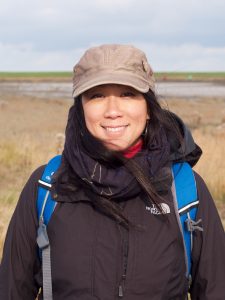
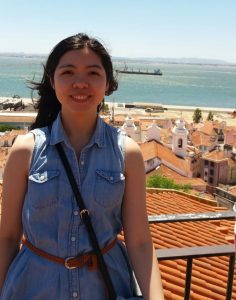
Dr. Yim Ming Connie Kwong
Yim Ming Connie Kwong is a Postdoctoral Researcher in the Leibniz Centre for Tropical Marine Research (ZMT) in Bremen, Germany. Prior to ZMT, she obtained her PhD in Geography from Durham University (UK), and an MPhil in Geography and BSocSc (Geography and Sociology) from the University of Hong Kong. Her research interests lie in three interdisciplinary areas: 1) values and practices; 2) moral geography, tourism and development; 3) participatory research and co-development. She has had experiences of working with local communities and non-academic partners in Asia and Latin America and the Caribbean. She is also the co-editor of “Navigating the Field: Postgraduate Experiences in Social Research”.
Click here for Connie’s full CV
Sarah Zwicker
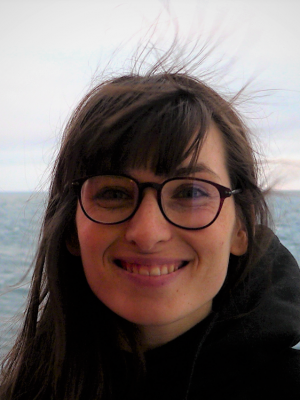
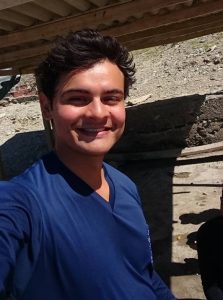
Ramón Alejandro Plazas Gómez
ROALD LEEUWERIK
